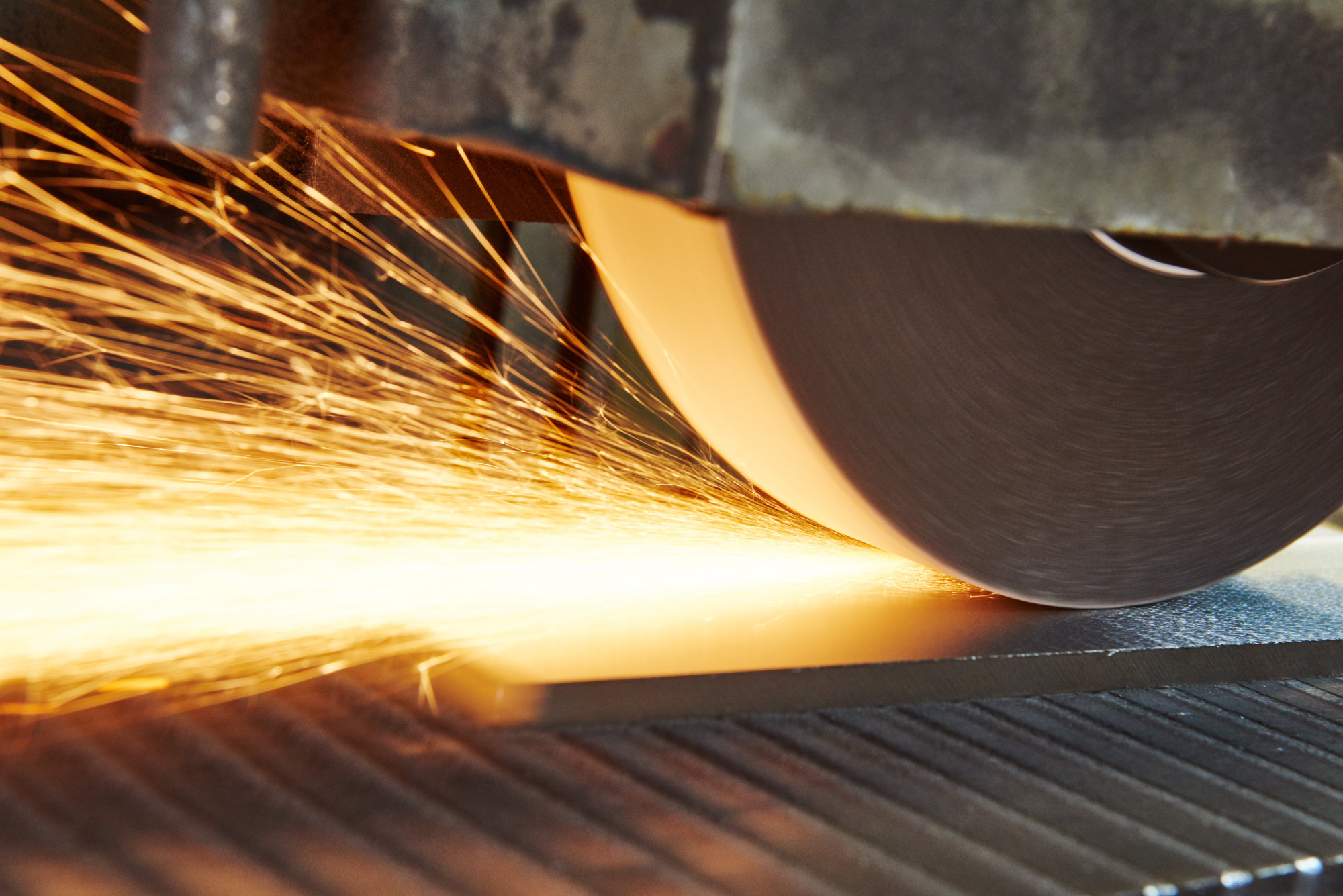
Did you know that manufacturers in the United States account for 11.39% of the total output in the economy? There is a lot you can do with a manufacturing business, but it requires looking at the details to become successful. For one, you need to decide on the right materials to use for your products.
Read on to learn about how to decide between aluminum and carbon fiber for your manufacturing business.
Manufacturing Business Needs
The needs for any manufacturing business involve having engineers who offer a specific skill set. The manufacturing business definition involves changing raw materials into finished goods. Construction engineers consider strength, thickness, weight, thermal expansion, and more when they are considering a material to use.
If your business is considering materials like aluminum and carbon fiber, you need to understand the difference between them both about important properties.
Material Strength
One of the properties engineers will look at are the strength and stiffness of a material. Weight is important to consider because it shows how much loading can get done. On the other hand, stiffness is important because it won’t cause bending.
Carbon fibers as manufacturing business materials are stiff and strong at a low density. Although carbon fiber strength is higher than aluminum, it is lighter than aluminum and provides more practical advantages.
In general, the stiffness of carbon fiber is about 5-10 times more than aluminum. This means it is more resistant to damage.
Material Weight/Density
Even the strongest carbon fiber has a lower weight level than aluminum. In fact, a carbon fiber composite density is two times lower than aluminum. This means if you make a product with the same dimensions from carbon fiber compared to steel, it will be 42% lighter.
Thermal Expansion
Heat expansion refers to the change in dimensions of the material because of an increase in temperature. Devices like 3D scanners use carbon fiber because it shows almost 0% heat expansion.
For other practices, carbon fiber has a heat expansion that is six times less than aluminum. Carbon fiber has one of the lowest thermal expansion rates compared to most materials that are commonly used in a manufacturing business.
Machining
Carbon fiber has a low density and easily machined material. It is most commonly used for CNC machines and manual tools. Because aluminum welds together making it harder for the machine.
Heat Conduction
Carbon fiber manufacturers know better than anyone that the material has low heat conduction characteristics. Materials with a higher heat conduction transfer temperature easily.
Compared to aluminum, carbon fiber has a heat conductivity of 40 times less. This means carbon fiber is a great insulator.
What Will You Choose?
After learning how to start a manufacturing business, you have to get into more important matters like what materials to use. Carbon fiber can be used for a lot of projects and provide many advantages, but the decision is ultimately up to you.
If you have a project in mind that requires carbon fiber, request a quote from us today.
